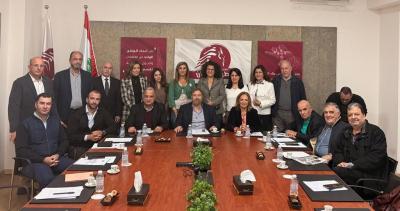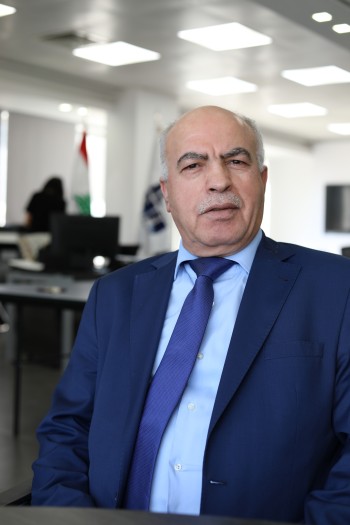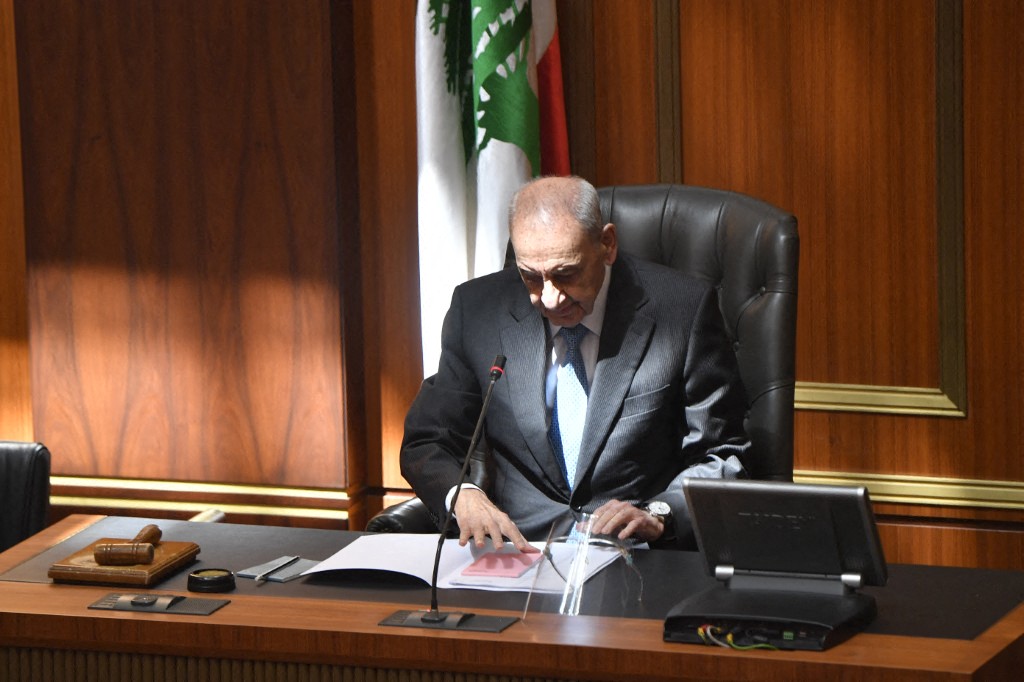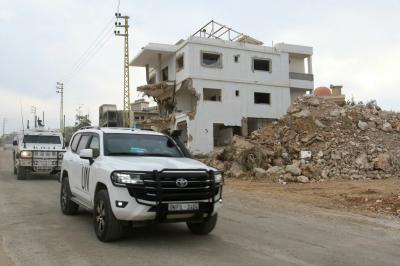There is no doubt that the 2026 parliamentary elections will be a turning point in Lebanon’s political life, whether they take place on schedule or the current parliament’s term is extended due to compelling circumstances.
What underscores the “decisive” nature of this constitutional milestone is the fierce political dispute surrounding the current electoral law: one camp is calling for amendments to allow expatriates to vote from abroad for all 128 members of parliament, while the other insists on keeping the law as is.
The current electoral law, passed in 2017, divided Lebanon into 16 districts and introduced proportional representation since the Taif Agreement. It was hailed as the fairest formula to ensure balanced representation in parliament, especially for Christians, who had long complained that many of their MPs were being elected by other sectarian groups.
At the time, both the Lebanese Forces and the Free Patriotic Movement, despite their political rivalry, warmly welcomed the law, which enabled them to secure a significant number of Christian seats in the 2018 and 2022 elections.
However, since the events that began with the “Al-Aqsa Flood” operation on October 7, 2023, followed by Hezbollah’s “support war” against Israel in solidarity with Hamas in Gaza, which ended with a ceasefire on November 27, 2024, the political mood and future calculations inside Lebanon have drastically changed.
The political forces opposed to the Amal–Hezbollah alliance now view it as a camp defeated in a war it dragged Lebanon into, and that it must acknowledge defeat and comply with the government’s decisions to disarm and place all weapons under state control, as stated in the presidential oath and the ministerial statement. The objective, they argue, is to spare Lebanon another Israeli war, one that American, Western, and Israeli officials are already warning against.
Against this backdrop, debate has intensified over whether to amend the electoral law or adopt a new one. Several draft bills, some urgent, others postponed, remain under review by parliamentary committees. Speaker Nabih Berri maintains that, since a valid law already exists, the next elections must be held according to it.
Berri sought to settle the matter early, stressing that the elections will take place on time, with “no delay and no amendment,” describing the current law as “sacred, like the Quran and the Bible.” He clarified that the government cannot submit a new electoral bill while a valid law is in force; at most, it can propose certain amendments, which parliament may either adopt or reject.
Yet, proponents of reform remain undeterred, particularly those pushing to amend Article 112 of the current law to allow Lebanese expatriates to vote from their countries of residence for all 128 MPs, without having to travel back to Lebanon.
However, Berri, the Amal–Hezbollah alliance, and their allies argue that organizing overseas voting exceeds the state’s financial and logistical capacities and undermines equal opportunity among competing political forces.
They point out that the parties advocating for expatriate voting enjoy freedom of movement and campaigning across most diaspora countries, unlike Hezbollah and its allies, who face restrictions due to those states’ designation of Hezbollah as a “terrorist organization.”
This classification prevents their candidates and supporters from entering those countries to campaign, while their voters would also face restrictions or even expulsion if they attempted political mobilization there.
For that reason, the duo opposes expatriate voting abroad but welcomes their participation inside Lebanon, regardless of how their votes might shift the electoral balance.
They also warn that allowing expatriates to vote abroad would open the door to foreign interference in Lebanon’s electoral process, eventually influencing internal politics, as external powers already do amid the shifting dynamics of the Middle East.
The opposing camp is fully aware of the sensitivity of its stance, yet remains firm, even if it means delaying the elections and extending parliament’s term by one or two years.
They are betting that, during this period, new developments will further weaken “Hezbollah” and its allies, especially amid mounting American, Western, and Israeli pressure on the Lebanese government to disarm Hezbollah, or risk another Israeli war.
In that scenario, the opposition hopes to enter future elections with guaranteed results, winning a parliamentary majority and control of the new government, while their rivals would be politically weakened by the aftermath of such a war.
But whether that war happens or not, Berri, the Amal–Hezbollah alliance, and their broader bloc are operating on the premise that the elections will be held on time, no matter the cost, and according to the current law.
They are confident that the elections will not alter the existing balance of power.
At the very least, the Amal–Hezbollah alliance is convinced it will once again sweep all 27 Shiite parliamentary seats without contest.
The duo believes that every attack only strengthens its base; the more it is targeted, the more its supporters rally around it.
Please post your comments on:
[email protected]
 Politics
Politics














